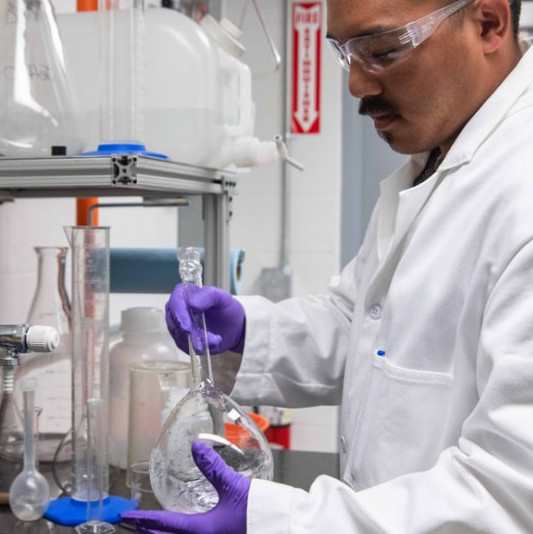 The market for vitamin supplements is huge but the huge is manufacturing and producing dietary supplements for the same market. Today everyone wants to stay long as much as possible young, healthy, and fit. Commercials are bombarding us every day with superfoods, super drinks, super gyms, super vitamins, and supplements. But how to be sure in quality of vitamins supplements what we use in dietary? Who controls ingredients, quantity, and quality of them, and how is all that area regulated?
The market for vitamin supplements is huge but the huge is manufacturing and producing dietary supplements for the same market. Today everyone wants to stay long as much as possible young, healthy, and fit. Commercials are bombarding us every day with superfoods, super drinks, super gyms, super vitamins, and supplements. But how to be sure in quality of vitamins supplements what we use in dietary? Who controls ingredients, quantity, and quality of them, and how is all that area regulated?
US Food and Drugs Administration
FDA has regulated vitamins and other dietary supplements as food, not as drugs. They are not verified to contain vitamins and supplements they do or whether are they contaminated with bacteria, pesticides, heavy metals. FDA regulates vitamins and dietary supplements under a different set of regulations than those that covering conventional food and drug products. FDA is not authorized to review vitamins and dietary supplements for safety and effeteness before they are released on market. This is the responsibility of manufacturers and distributors of dietary supplements to making sure their products are safe before they go to market.
Vitamins regulation on market
The market for vitamins and other dietary supplements is largely unregulated for many purposes. All kinds of pills, powders, and gummies claiming to boost health, boost weight loss, energy, or sexual performances, are available to customers of all ages on drugstore shelves, In the United States of every four persons, three them are buying vitamins and supplements. Anyone can buy vitamins and dietary supplements as wish because of the government oversight for customers’ safety and efficiency of supplements.
The advantages and the disadvantages of vitamins
Vitamins and dietary supplements do not prevent ( unfortunately ) death and chronic diseases but they can prove and make easier a lot of conditions. Groups who sure benefit from the use of vitamin D are people with bones issue and sun deprivation. The vegans and people over 50 + benefit from using vitamin B12 and pregnant women from using folic acid. The problem is in the mentality of the consumers and taking vitamins and supplements without control; most of them think the more is better. That attitude raises their risk of side effects and also raises costs. Higher concentration in blood is overload for the liver. Many dietary supplements contain ingredients that can react with medications taken by chronic and other patients. To avoid harmful side effects all people taking some medications should consult their doctor.
Accuracy Ingredients on vitamin packages
Manufacturers of vitamins and dietary supplements are obliged to put a declaration of all ingredients on the label of their product. Unfortunately, there are always manufacturers who falsely declare their products. According to the statement of the Council for Scientific and Regulatory Affairs, products containing undeclared ingredients are illegal. Manufacturers of vitamins and dietary supplements are required to display on the label all ingredients that have a daily value in the same order as the ingredients shown for conventional foods. The only difference is that vitamins, minerals, and electrolytes are together in the same group.
How to choose a quality product?
It remains for consumers to monitor whether the products have a USP label or a consumer summary label. To order from well-known and well-known manufacturers. Choose standardized products and follow reviews and reports on the products they are interested in. It can be checked on the page of the www. U.S.FDA Labeling Requirements, www. U.S.FDA Labeling Requirements under Industries, Food and Beverages. Consumers can also check if products are according to Production Standards for Nutritional Supplements; whether the nutrients come in different forms, and whether the quality and purity of the ingredients are indicated by the manufacturer. In such a huge market with a really huge production of vitamins and supplements, it is difficult to choose. That is why it is best for consumers to follow those products that they are interested in and that suits them personally the best.

Hi. My wife and I are comfortably in the 50+ age group and we take a few vitamins, notably D, B12, and a multivitamin. We have always paid very close and careful attention to the quality and the source of our vitamins. We have also found that the form in which vitamins are taken is very important. Some are better absorbed if taken in drops under the tongue for example. Also, we always look for organic and non-GMO and we notice that many products will state that they are organic and non-GMO but the form of the label is not standardized and it is the manufacturer making the claim. That brings me to my question, is there a reliable standard body or an entity that certifies organic non-GMO supplements and vitamins?.
Andy, thank you for your comment. It is far better than I expected. I am still struggling with writing and with tasks how from chemistry to make poetry. and they are not quite similar. Thanks once more and I wish you a nice day
This is one of the nicest articles I came across about Vitamins and supplements etc. My favorite part is this piece here ” The problem is in the mentality of the consumers and taking vitamins and supplements without control; most of them think the more is better. That attitude raises their risk of side effects and also raises costs. I would be very concerned about the side effects and I’m talking from experience as during this pandemic I took all types of Vitamins to boost my immune system and as result, my hair starts falling. So folks need to be extra careful about taking vitamins. Thank You for sharing.
Akim. you are so nice with your comment and give me strength and will to keep further. My new task is how to build a love story in vitamins and multivitamins. Thank you for great support.